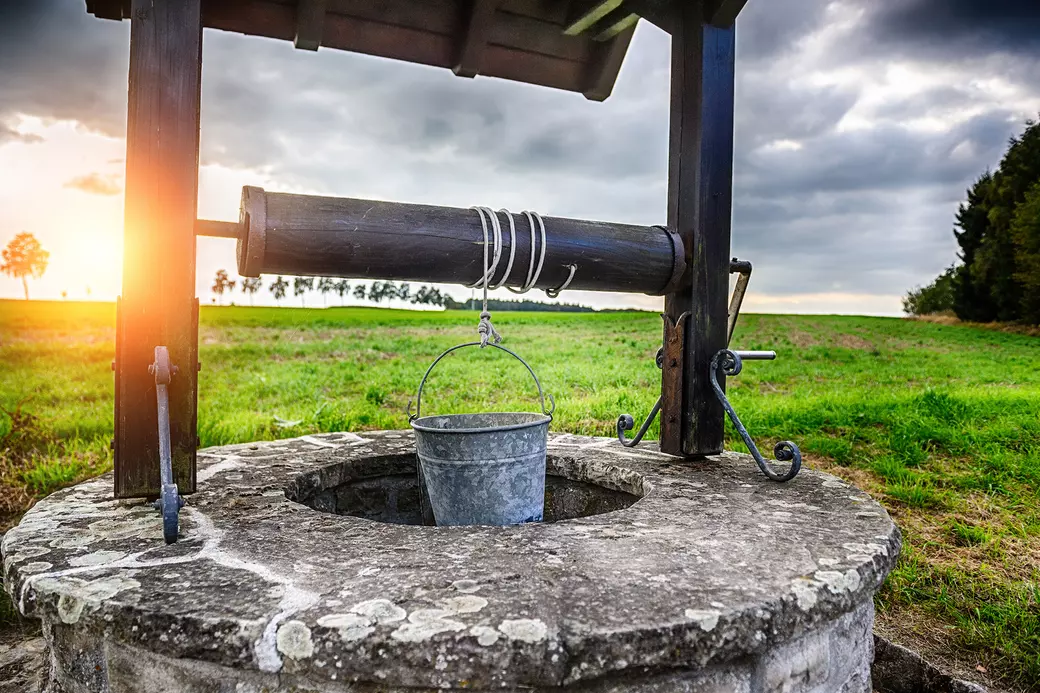Navigating Your Water and Sewer Options in New Jersey: City Services vs. Private Systems

As a realtor serving clients in New Jersey, it's essential to provide comprehensive information regarding water and sewer systems. Choosing between city-provided water and sewer services and private systems like well water and septic tanks can significantly impact homeownership experience. Let's explore the pros and cons of each option to help you make an informed decision.
City Water and Sewer Services:
Pros:
-
Convenience and Reliability: City-provided water and sewer services offer unparalleled convenience. Municipalities handle all aspects of water treatment, distribution, and waste disposal, ensuring consistent service without the need for homeowner intervention.
-
Regulatory Compliance: Municipal water systems adhere to stringent regulations enforced by state and federal agencies. Regular testing ensures that water quality meets safety standards, providing peace of mind to residents regarding the cleanliness and safety of their drinking water.
-
Enhanced Property Value: Properties connected to city water and sewer systems often boast higher resale values. Many homebuyers prioritize the convenience and reliability of municipal services, making these properties more attractive in the real estate market.
Cons:
-
Quarterly Billing: City water and sewer services are typically billed quarterly, which can lead to higher cumulative costs compared to private systems. Homeowners should budget accordingly to accommodate these periodic expenses.
-
Limited Control: While municipal water undergoes treatment to meet regulatory standards, homeowners have limited control over factors such as taste and odor. Additionally, reliance on city infrastructure means susceptibility to service disruptions, although these occurrences are relatively rare.
Private Well Water and Septic Tanks:
Pros:
-
Independence: Homes with private well water and septic tanks enjoy a level of independence from municipal services. Homeowners are not reliant on city infrastructure, which can be advantageous during water shortages or service disruptions.
-
Lower Operating Costs: Properties with private well water and septic systems typically incur lower monthly expenses compared to city services. Eliminating water and sewer bills can result in substantial long-term savings for homeowners.
-
Water Quality Control: Homeowners have greater control over the quality of their water with private well systems. Regular testing and maintenance allow for customized treatment solutions, ensuring that water meets desired standards for taste and safety.
Cons:
-
Maintenance Responsibilities: Homeowners are solely responsible for maintaining private well water and septic systems. Regular inspections, pump maintenance, and occasional repairs can incur significant costs over time.
-
Potential Contamination Risks: Private wells are susceptible to contamination from various sources, including agricultural runoff and nearby septic systems. Proper testing and preventative measures are essential to safeguarding the quality of drinking water.
-
Resale Considerations: Some potential buyers may be hesitant to purchase properties with private well water and septic systems due to perceived maintenance challenges or concerns about water quality. This could potentially limit the pool of prospective buyers during resale.
In conclusion, the decision between city-provided water and sewer services and private well water and septic tanks depends on individual preferences, budgetary considerations, and long-term goals. As your trusted realtor, I'm committed to providing personalized guidance and expertise to help you navigate these options and find the perfect home that aligns with your needs and lifestyle.
GET MORE INFORMATION

Mina Gerges
Agent | License ID: 1643363 & 1754769
Agent License ID: 1643363 & 1754769


